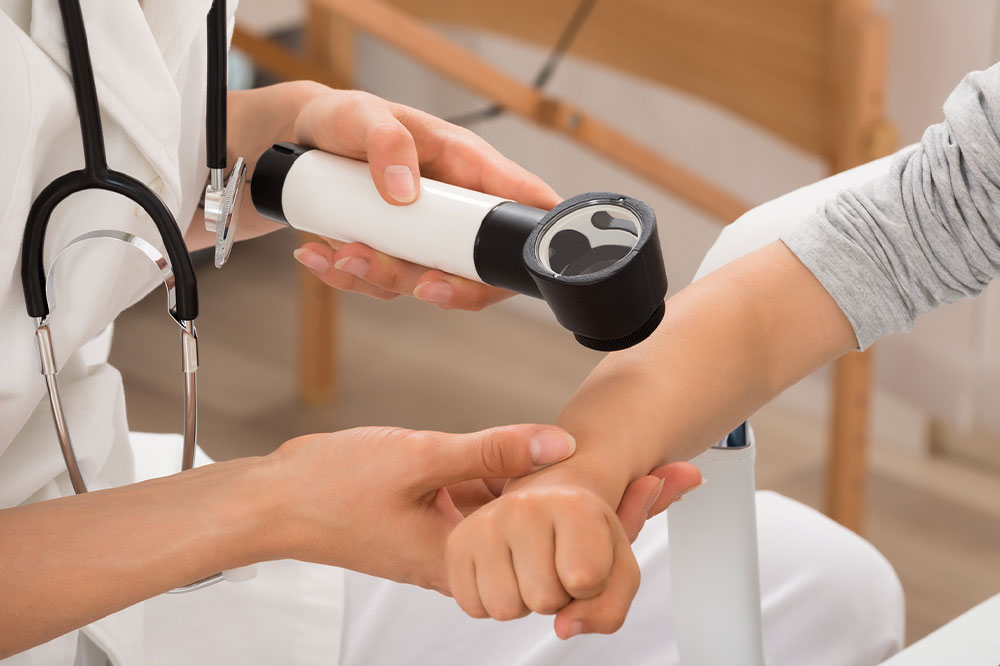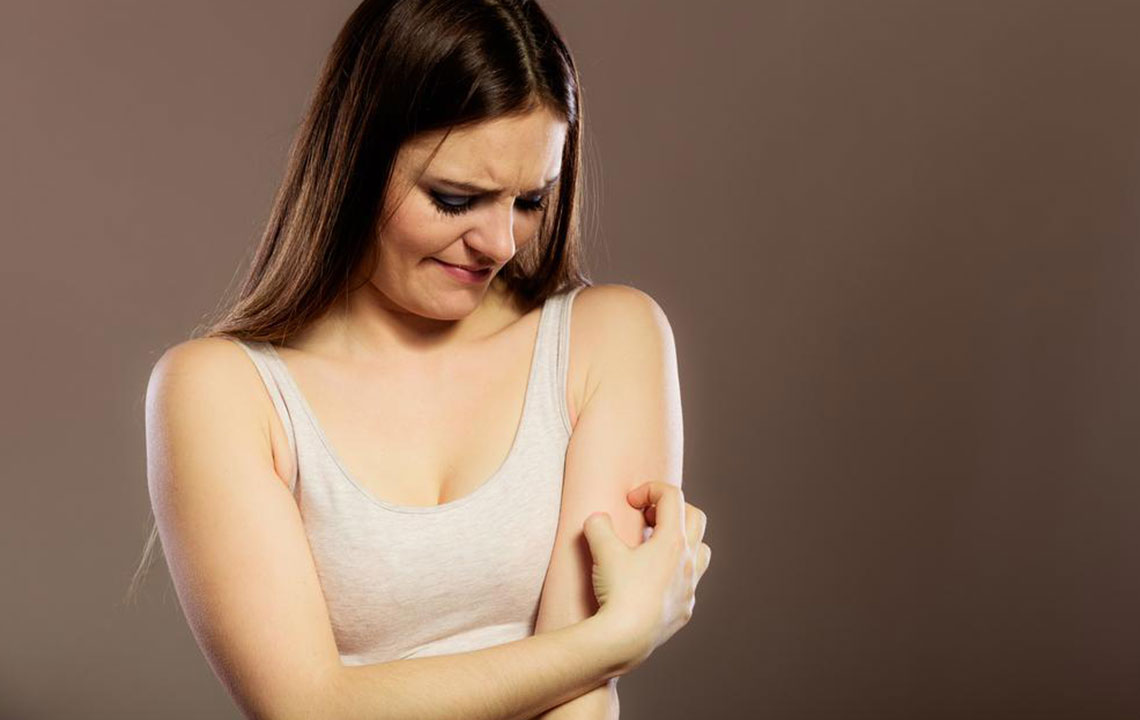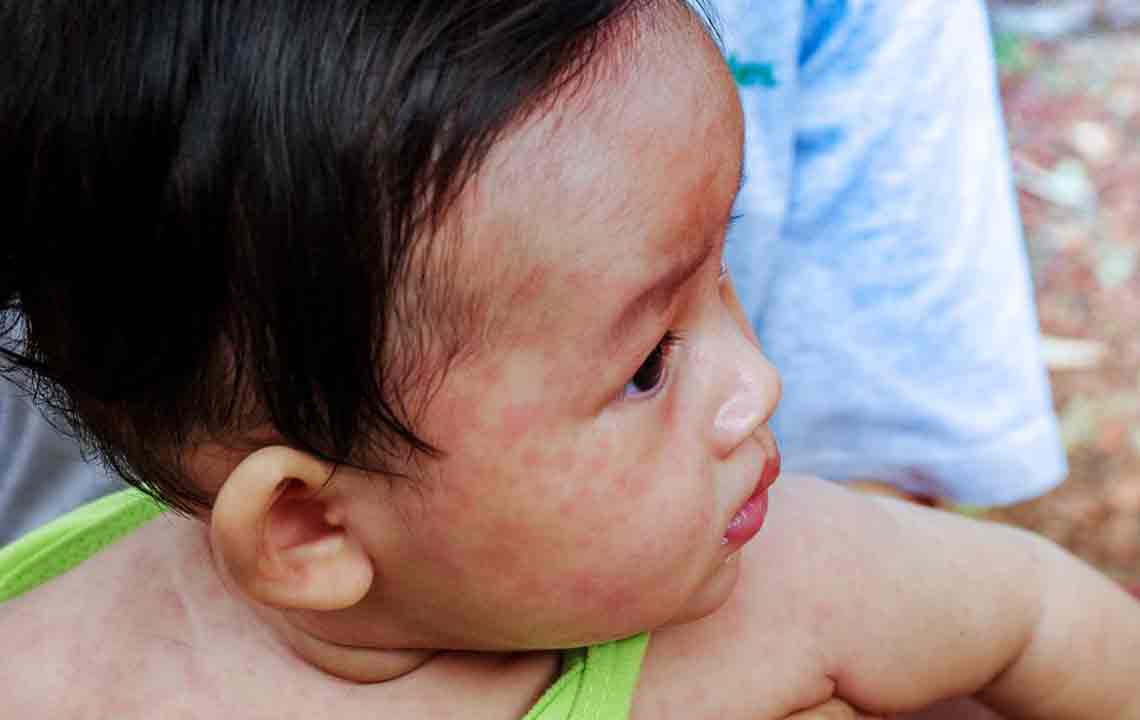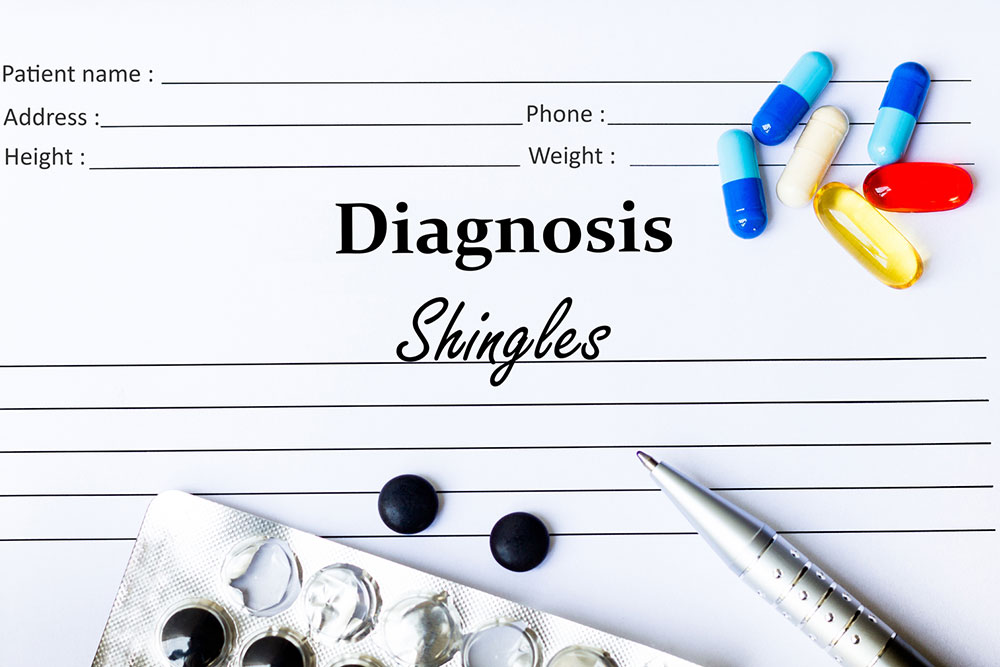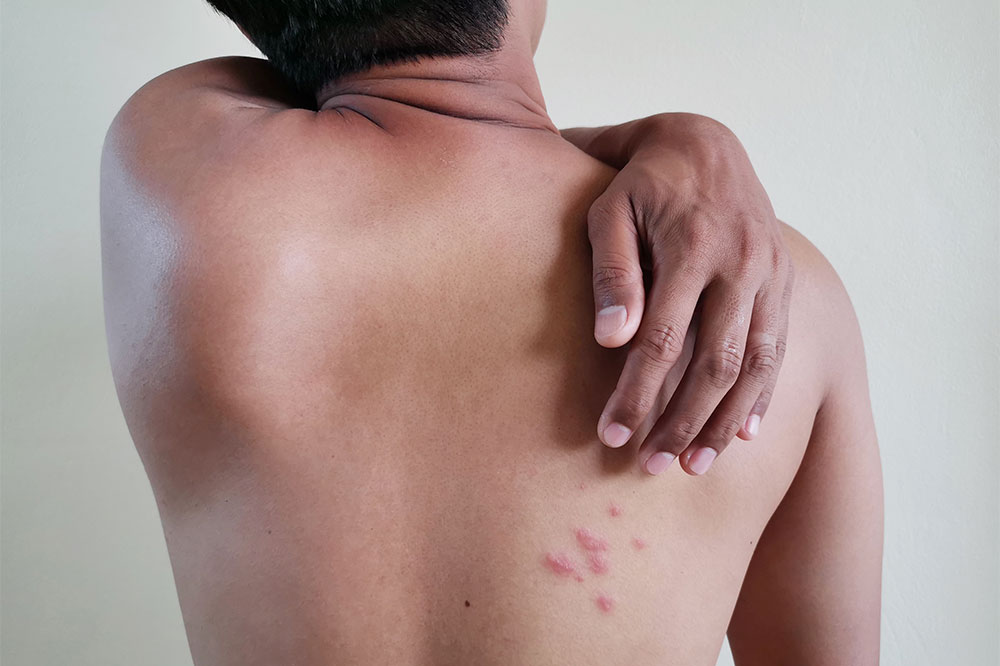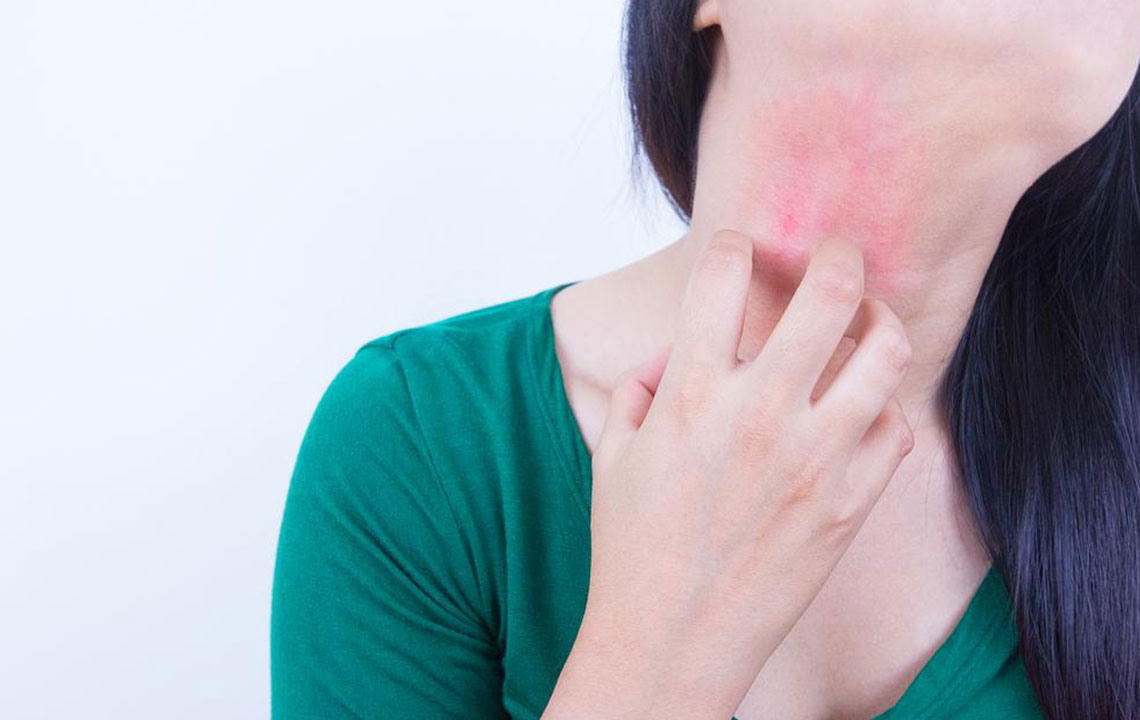Comprehensive Guide to Common Skin Conditions and Effective Treatments
This detailed article explores common skin disorders such as acne, shingles, eczema, and rosacea, providing insights into their causes, symptoms, and the most effective treatment options. It emphasizes early diagnosis and modern therapies like biologics and vaccines, offering readers a comprehensive guide to maintaining healthy skin and preventing complications. Whether mild or severe, understanding these conditions can help individuals take timely actions for better skin health and confidence.
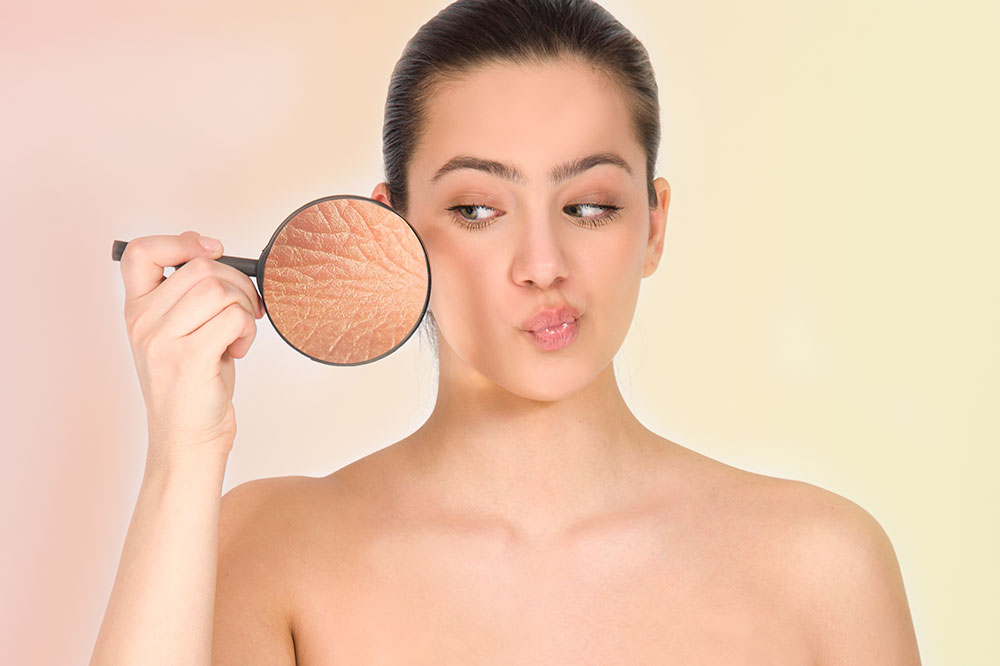
Understanding Common Skin Disorders and How to Effectively Treat Them
Our skin is the body's largest organ, acting as a protective barrier against environmental hazards. However, it is susceptible to a variety of skin disorders that can range from mild irritations to severe health issues. These skin conditions may appear temporarily or become chronic, significantly impacting a person's appearance and quality of life. Recognizing symptoms early and exploring appropriate treatment options can prevent complications and promote healthier skin. This comprehensive guide discusses the most common skin disorders, their causes, symptoms, and the latest treatment strategies available for each condition.
In-depth Overview of Frequently Encountered Skin Conditions and Their Remedies
Acne Vulgaris
Acne vulgaris, often simply called acne, is undoubtedly one of the most common skin issues affecting people worldwide. While typically associated with adolescence, it can affect individuals of all ages, including adults. The condition manifests as various types of lesions, including pimples, blackheads, cysts, and nodules. These often appear on the face, back, shoulders, and chest. The causes of acne are multifactorial, involving excess oil production, clogged hair follicles, bacteria, and hormonal fluctuations. Managing acne requires a combination of skincare routines and medical treatments. Over-the-counter options such as topical retinoids like Adapalene (Differin) can be effective for mild cases. For more severe or persistent acne, dermatologists may recommend prescription medications, including topical retinoids like Tretinoin, oral antibiotics, hormonal therapies, or newer options like isotretinoin. Early consultation with a dermatologist ensures tailored treatment plans to minimize scarring and skin damage.
Herpes Zoster (Shingles)
Herpes Zoster, commonly known as shingles, is a viral skin infection caused by the reactivation of the varicella-zoster virus—the same virus responsible for chickenpox. It typically presents as a painful red rash with blistering, which usually appears on one side of the body, often along the torso but sometimes elsewhere. The severity of symptoms can vary, with many individuals experiencing intense discomfort, fatigue, fever, and sensitivity like burning or tingling before the rash develops. Vaccination plays a critical role in preventing shingles, especially for adults over 50 or those with weakened immune systems. Vaccines such as Zostavax and Shingrix have proven effective in reducing the risk and severity of outbreaks. If shingles occurs, early intervention with antiviral medications like Valtrex (Valacyclovir) can significantly shorten the duration of symptoms and reduce complications. Pain management and skin care are also vital during recovery.
Atopic Dermatitis (Eczema)
Atopic dermatitis, commonly called eczema, is a chronic inflammatory skin condition that predominantly affects children but can persist into adulthood. It is characterized by dry, itchy, and inflamed skin, often affecting the face, hands, feet, inside elbows, and behind knees. The exact causes are complex, involving genetic predisposition, immune system irregularities, environmental factors, and skin barrier dysfunction. Managing eczema involves a multifaceted approach, including moisturizers, avoiding triggers like allergens or irritants, and topical corticosteroids. Recently, FDA-approved biologic drugs like dupilumab (Dupixent) have revolutionized severe eczema treatments, especially for cases unresponsive to traditional therapies. These medicines work by targeting the immune pathways involved in inflammation, providing relief from symptoms and improving skin health effectively.
Rosacea
Rosacea is a common chronic skin condition largely affecting individuals over 30, particularly fair-skinned women. It is characterized by persistent facial redness, visible blood vessels (telangiectasia), swelling, and acne-like bumps or pimples. The exact cause of rosacea is unknown, but triggers such as spicy foods, alcohol, hot drinks, exposure to sunlight, stress, and environmental pollution can exacerbate flare-ups. The condition also involves immune and vascular components, making it complex to treat. Standard treatments include topical medications like azelaic acid gel and oral antibiotics such as doxycycline or metronidazole, which help reduce inflammation and redness. In severe cases, dermatologists might consider retinoid treatments or laser therapy to diminish visible blood vessels. Lifestyle adjustments to avoid triggers and sun protection are crucial in managing long-term skin health with rosacea.
Understanding these common skin conditions and their treatments empowers individuals to seek prompt medical advice, adopt effective skincare routines, and improve their overall skin health. Advances in dermatological research continue to provide new, more effective options for managing skin disorders, helping patients regain confidence and comfort in their daily lives.
